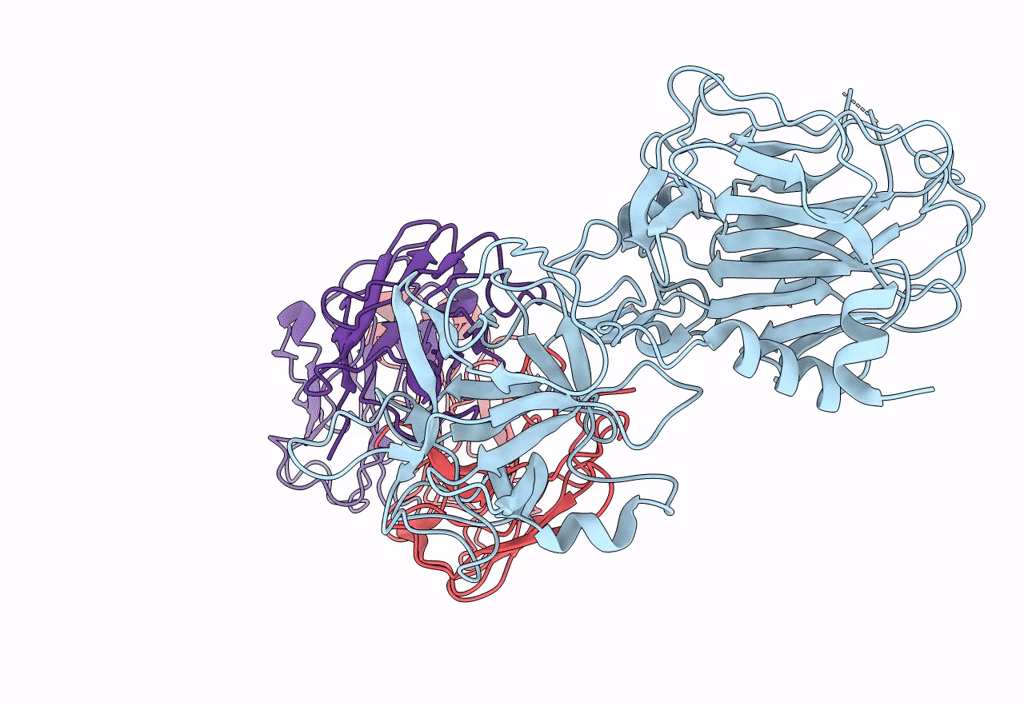
Deposition Date
2021-05-07
Release Date
2021-10-27
Last Version Date
2025-07-02
Entry Detail
Biological Source:
Source Organism:
Clostridium tetani (Taxon ID: 1513)
Homo sapiens (Taxon ID: 9606)
Homo sapiens (Taxon ID: 9606)
Method Details:
Experimental Method:
Resolution:
3.90 Å
Aggregation State:
PARTICLE
Reconstruction Method:
SINGLE PARTICLE


